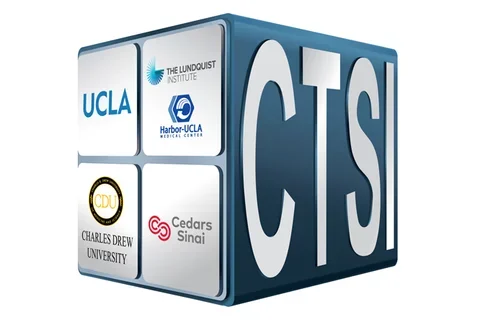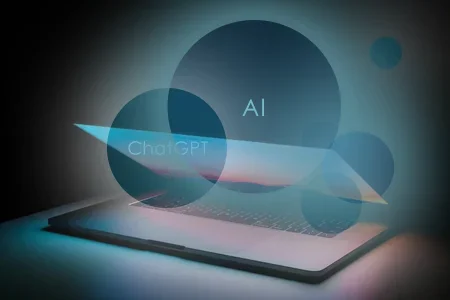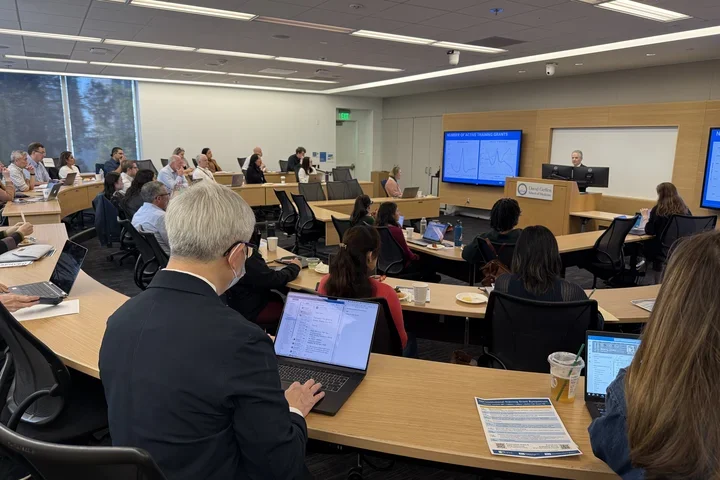Differences in human, mouse braincells have important implications for disease research

A UCLA-led study comparing brain cells known as astrocytes in humans and mice found that mouse astrocytes are more resilient to oxidative stress, a damaging imbalance that is a mechanism behind many neurological disorders. A lack of oxygen triggers molecular repair mechanisms in these mouse astrocytes but not in human astrocytes. In contrast, inflammation activates immune-response genes in human astrocytes but not mouse astrocytes.
The findings have implications for basic and translational research into neurological disorders such as Alzheimer’s disease, Parkinson’s disease and amyotrophic lateral sclerosis — conditions whose underlying mechanisms include oxidative stress, lack of oxygen and excessive inflammation.
This research was supported in part by UCLA CTSI, including two CTSI/David Geffen School of Medicine Seed Grants awarded to Dr. Zhang. Funding was also provided by the ARCS Foundation, the National Institutes of Health, the Dr. Miriam and Sheldon G. Adelson Medical Research Foundation, the W. M. Keck Foundation, the Wendy Ablon Trust, a UCLA Broad Stem Cell Research Center Innovation Award and the Friends of the Semel Institute for Neuroscience and Human Behavior at UCLA.
Read the full UCLA press release.
image caption: Microscope image of human astrocytes, star-shaped brain cells that play a substantial role in neurological disorders.
Image source: UCLA Broad Stem Cell Research Center/Nature Communications



